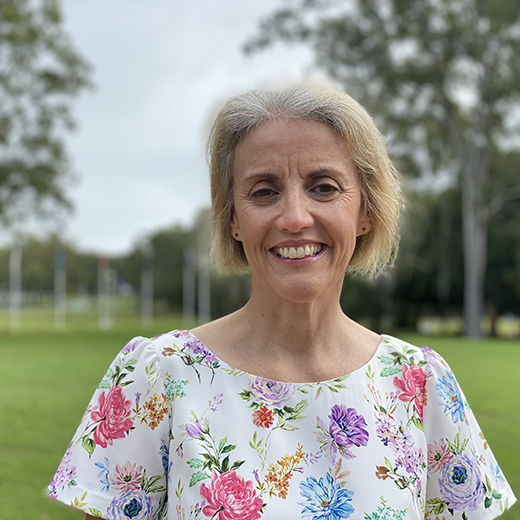There’s room for improvement to the current approach to mental health support in Australia, says USC clinical psychology expert Associate Professor Helen Stallman.
As the Federal Government announces a $48.1 million mental health and wellbeing plan to support people during COVID-19, Dr Stallman highlighted the importance of a “needs-based approach” that makes it clear to people all avenues for support, including finance, legal, housing and domestic safety, as well as counselling.
“The current paradigm is based on a risk-based approach to assessing risk of suicidality, however there’s no evidence to suggest this is the best approach,” Dr Stallman said.
“What we know can work is a needs-based approach that considers distress as a normal human experience, as well as offering easy access to the different kinds of support that people might need, whether it be financial advice, medical help or just someone to listen on the phone.
“Counselling doesn’t help when there’s no food on the table. People need to know how they can solve the problems that are causing them distress.
“The Government needs to make it really clear where people can get these support services because, particularly when we are distressed and anxious, we don’t think particularly well.
“At the heart of this approach is to normalise the idea that everyone is in this situation together, it’s normal to be feeling worried or sad or uncertain when these things are happening and that does not mean everyone has a mental illness.”
Dr Stallman is a specialist in the development and evaluation of interventions aimed to optimise health and wellbeing. Her focus has included suicide prevention, university health and wellbeing, parenting, and e-psychology.
Media enquiries: Please contact the Media Team media@usc.edu.au

